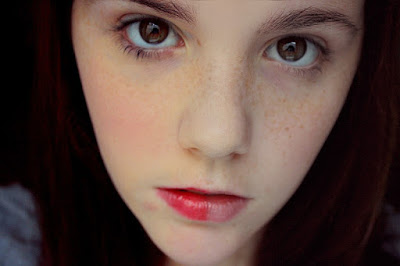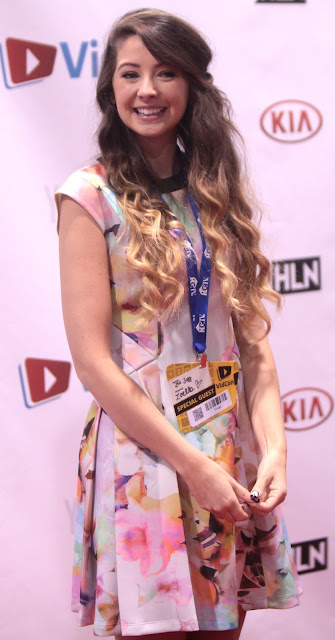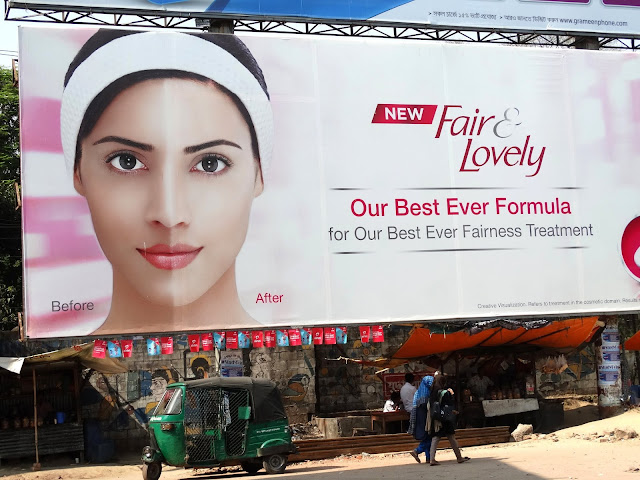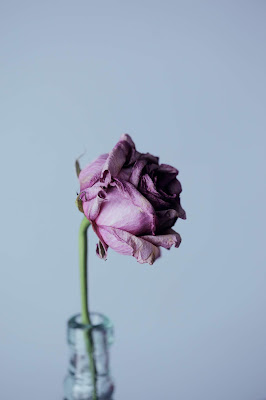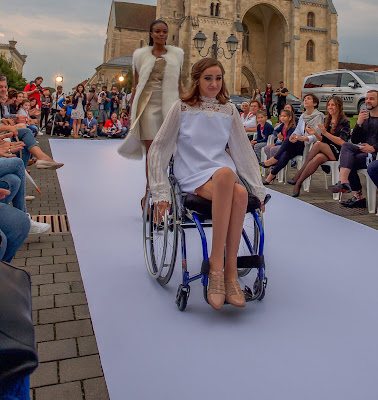A Year in Beauty Demands
At this time of year, magazines urge us to dress in “perfect party dresses to hit the dance floor in” (Marie Claire), and to buy “Christmas makeup sets ALL beauty lovers will want” (Cosmopolitan), not forgetting “the best fake tans for surviving the winter washout” (Glamour). It all sounds somewhat exhausting! Why not instead look back at our blog and see what our contributors have said and done about beauty in 2018? We began the year, appropriately, with Heather Widdows musing on how New Year’s resolutions had changed over time to focus on appearance rather than character improvement, and the potential harms of this; an idea also explored by Ajmal Mubarik . Throughout 2018, various other themes have emerged: Social Media As a primarily visual environment, social media is impossible to ignore in relation to appearance. Knowing that social media images are idealised does not make us less susceptible to their effect, according to Jasmine Fardouly . However
